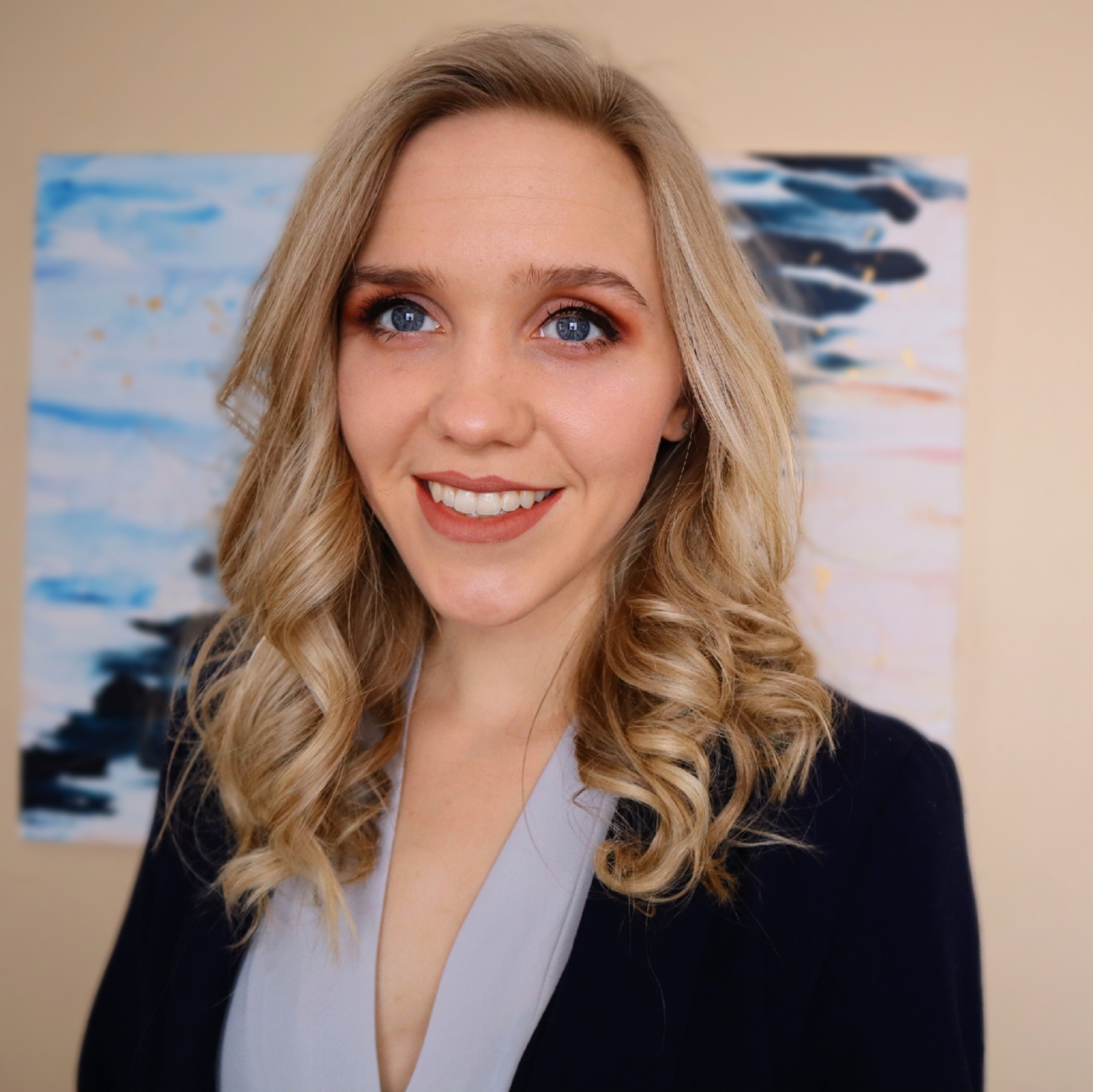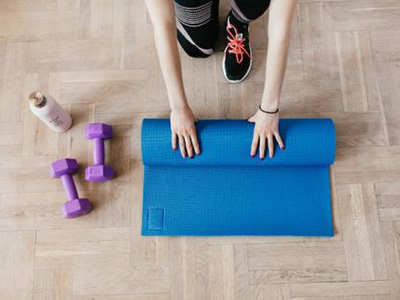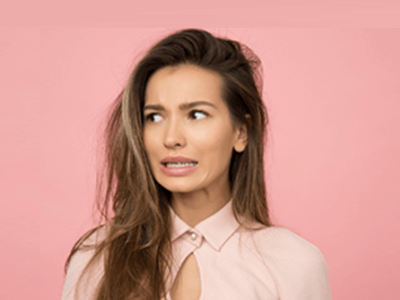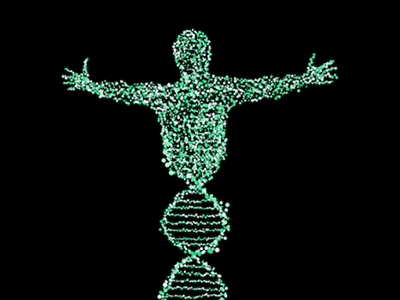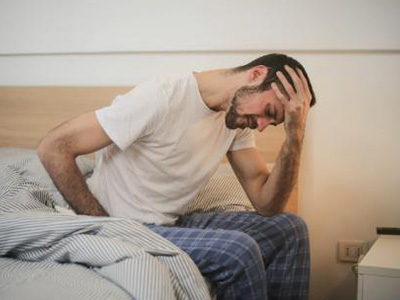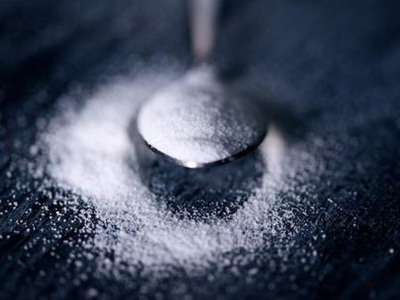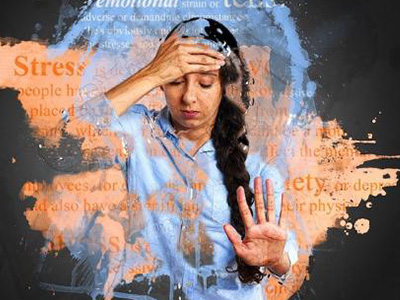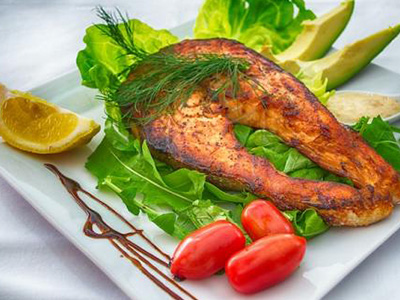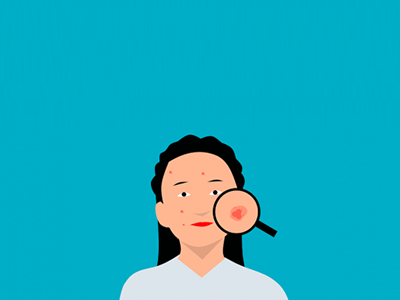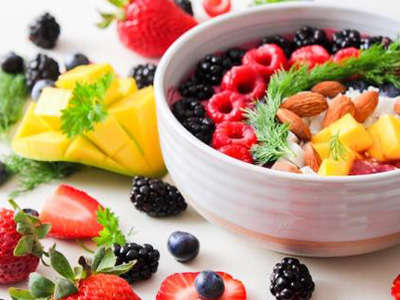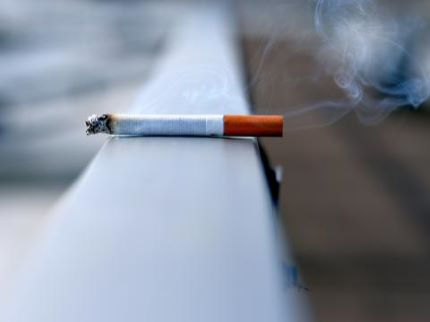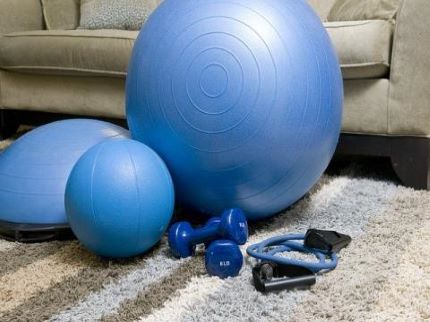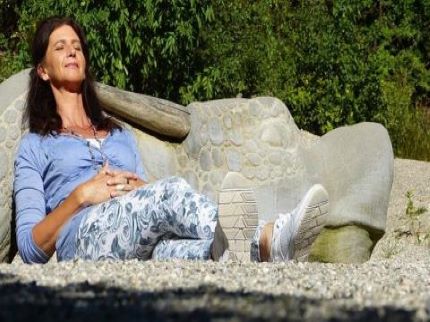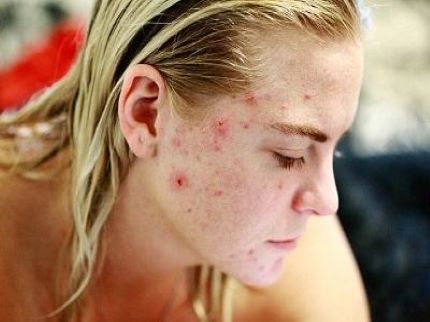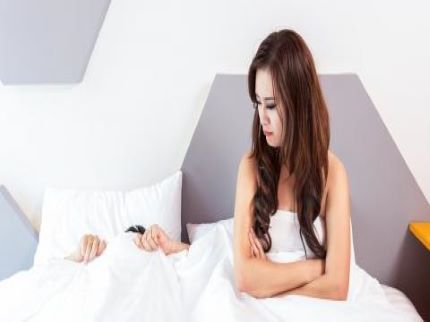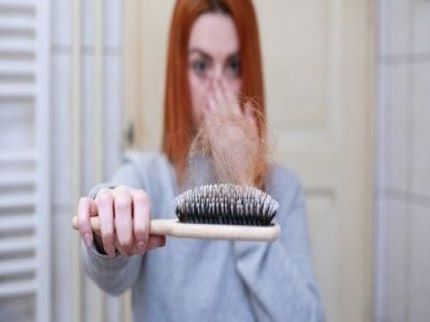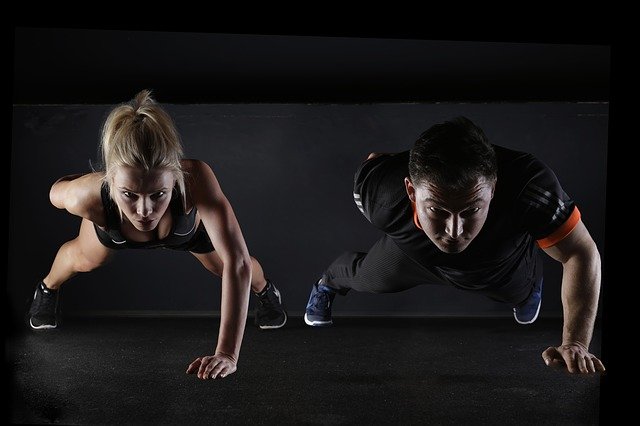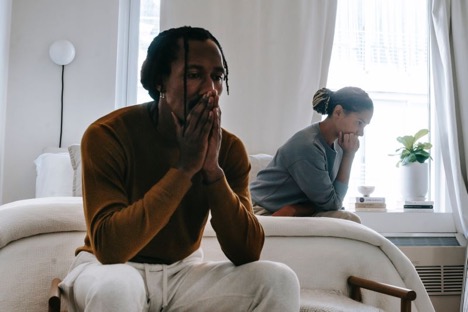Anxiety can manifest itself in a variety of ways, and for a variety of reasons.Thankfully, there are simple diet changes and additions you can try, that could be helpful.
Coffee or other highly caffeinated beverages can be correlated with anxiety triggers.
To determine if caffeine is worsening your anxiety symptoms, 3-4 weeks of no caffeine is recommended to evaluate if there are any improvements. For the coffee lovers, this can transition can be easier with gradually tapering by 50% every 4-7 days. Gradually reducing caffeine instead of going cold turkey can also help prevent withdrawal headaches.
Another possible culprit of anxiety exacerbation is sugar. Not to fear - cutting out sugar entirely may not be necessary. Instead focus on when and how much you consume sugar in one sitting. Reactive hypoglycemia can occur when blood sugar levels drop below a normal range 2-5 hours after eating. This may be the case if you find your symptoms worsen between meals, such as during a mid-morning slump. Consuming high amounts of sugar or carbs at one time, especially on an empty stomach, can increase your risk of a larger drop in blood sugar. To maintain a steadier blood sugar level, spread your sugar and carbs evenly throughout the day, and consume them with other foods, such as a source protein or a vegetable.

